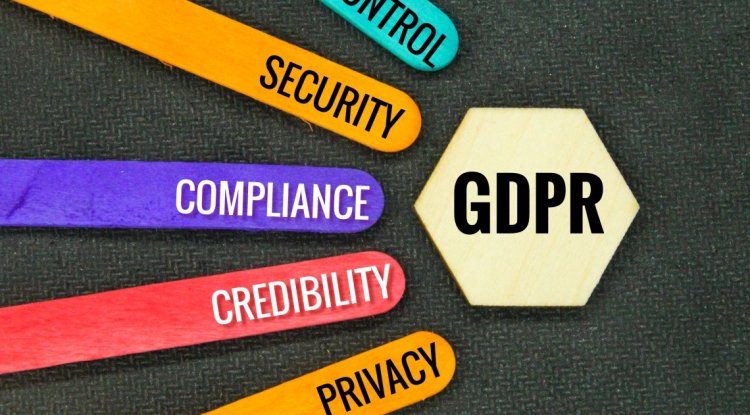Legal Frameworks: How Regulations Shape Ethical Marketing
Explore the intricate relationship between legal regulations and ethical marketing practices. Learn how businesses navigate compliance while maintaining their ethical compass.

In today's dynamic business landscape, where information flows freely and consumer awareness is at an all-time high, the intersection of legal frameworks and ethical marketing has become a critical focal point for businesses across industries. The balance between driving revenue and upholding moral values has never been more crucial. As we delve into the depths of this intricate relationship, we will explore how regulations shape and guide ethical marketing practices.
Case Study: Navigating Data Privacy Laws
Consider the case of a global e-commerce giant that collects and processes vast amounts of customer data to personalize shopping experiences. The company operates in various jurisdictions, each with its own data privacy regulations. To ensure compliance and uphold ethical standards, the company employs a multifaceted approach. It implements stringent data protection measures, secures explicit user consent, and offers transparent opt-out mechanisms. By aligning its practices with a diverse range of data protection laws, the company not only avoids legal repercussions but also cultivates trust among its user base.
Understanding the Legal Landscape
Ethical marketing is inherently intertwined with legal compliance. Regulatory bodies enact laws that govern advertising, data privacy, consumer rights, and more. These laws are designed to safeguard consumers, foster fair competition, and promote transparency. Ethical marketing practices ensure that businesses respect these regulations while engaging in responsible marketing activities.
Balancing Marketing Ambitions with Ethical Boundaries
Ethical marketing goes beyond compliance; it involves a commitment to honesty, integrity, and social responsibility. Businesses must carefully consider the impact of their campaigns on vulnerable populations, avoid deceptive practices, and refrain from exploiting sensitive issues for commercial gain.
The Role of Ethical Marketing in Brand Reputation
A strong ethical foundation can significantly enhance a brand's reputation. Consumers are increasingly drawn to companies that demonstrate a genuine commitment to ethical behavior. By adhering to legal frameworks and conducting marketing activities in an ethical manner, businesses can build long-lasting relationships based on trust and credibility.
About Myself
I am Raghav Chugh, a seasoned digital marketing professional with over 8 years of experience in campaign planning, automation, and web development. My extensive technical expertise spans various platforms, including Marketo, Salesforce, and WordPress. I hold certifications in Marketo and boast a track record of delivering exceptional results in compliance with legal and ethical standards. Connect with me on LinkedIn for more insights into ethical marketing and technology.
Empowering Businesses Worldwide
At Zigmo.in (Zero-Intrusion Guard for Marketing Operations), we empower businesses worldwide with informative articles like this one. Our mission is to bridge the gap between legal requirements and ethical marketing practices, fostering an environment where businesses thrive while maintaining their moral compass. Discover more about our contributions to ethical marketing on our About Us page.
In conclusion, legal frameworks serve as the guiding force that shapes and molds the landscape of ethical marketing. Businesses that navigate these regulations with integrity not only avoid legal pitfalls but also establish themselves as responsible stewards of their industry. By championing ethical marketing practices, businesses can achieve sustainable success while making a positive impact on their consumers and society as a whole.
What's Your Reaction?




















